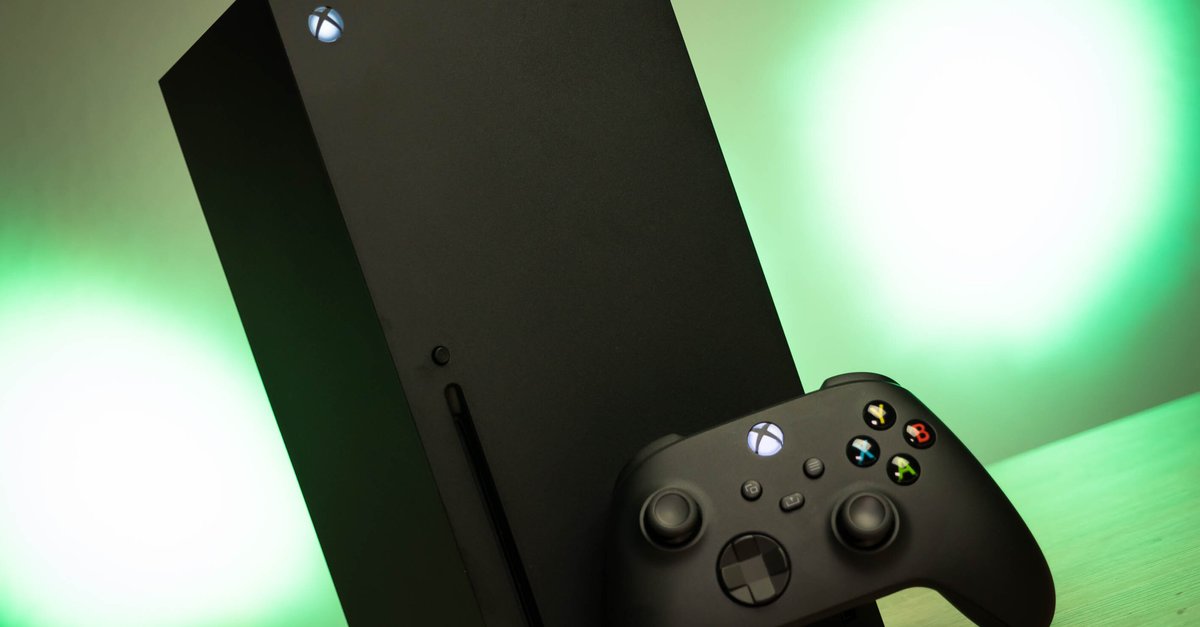Wearables can capture the effects of Covid-19
The Apple Watch tracks the heart rhythm via infrared sensors. That helped doctors now in a study. (Image: Apple)
Wearables like Apple Watch and Fitbit can apparently detect long-term effects of Covid-19. This is shown by a medical study that examined the course and healing of the respiratory disease.
Test subjects with an Apple Watch, Fitbit or other wearables with a blood pressure sensor were the target group for a research project in the USA. It was about the course and long-term effects of Covid 19 disease. The authors rated tracking data of 37,000 App Detect volunteers out and focused on 875 who reported cold symptoms. You have been tested for the coronavirus. 234 people received a positive result, 641 a negative result. The doctors observed the course of the disease using their devices and determined some peculiarities.
The results were published by members of the Scripps Biomedical Research Institute in La Jolla (California) in the Journal Jama Open Network.
Contents
Heart rate of infected people increases in the long term
The doctors found that the resting heart rate (RHR) as well as the sleep and activity values in infected people took longer to return to normal than in non-infected people with symptoms. Particular attention was paid to the heart rate. It changed significantly several times for people with Covid. These changes were much more pronounced than in other viral diseases, the authors write. They noticed the first peak about nine days after the first complaints about symptoms. The resting frequency decreased and increased again to an increased level a few days later. However, it remained at this level for several months, ie in the “Long Covid” status. This is the name given to the sequelae of the disease. In their work, the doctors state that it took an average of 79 days for the resting heart rate to return to normal. A small group of 32 participants even needed 133 days on average. The doctors diagnosed her with a higher frequency of complaints during the acute course.
Higher initial RHR indicates longer recovery
The authors emphasize that this is the first lengthy study examining data on wearable sensors. They found that the effects of a Covid infection can last for several months, with large individual differences. Their results suggest that early symptoms and a larger RHR response could result in a longer recovery process. To substantiate these and other effects, they recommend follow-up examinations with a broader field of participants and more comprehensive results from the test subjects. This can be used to find out, for example, why the long Covid course is so individually different, the authors believe in their conclusion.


